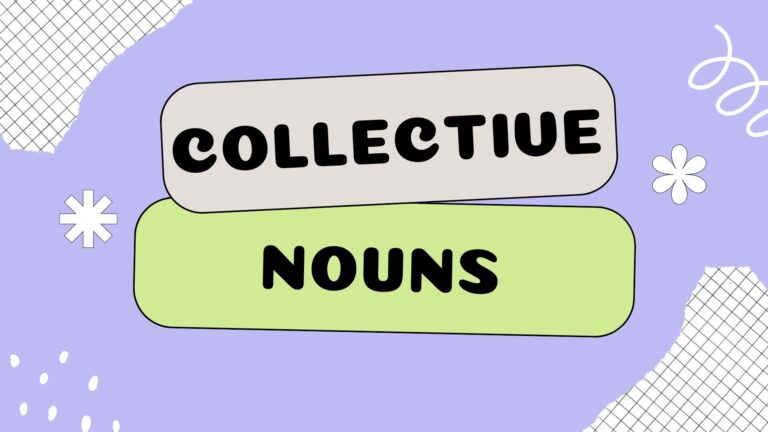10 Powerful English Idioms to Sound Like a Native Speaker
Introduction
Idioms make English more colorful and expressive. English idioms give life to conversations and help you sound more natural when speaking. In this post, you’ll learn 10 powerful English idioms that native speakers use every day — with meanings and examples to help you remember them easily.
Why Idioms Are Important in English
Idioms are not just fancy phrases; they reflect culture, creativity, and communication style. When you understand idioms, you don’t just learn English words—you understand the way native speakers think. For example, when someone says “spill the beans,” they don’t literally mean spilling food; they mean revealing a secret.
Using idioms correctly can make your speech more engaging and help you connect with others naturally. They’re also great for improving writing—especially essays, conversations, and storytelling.
1. Break the ice
Meaning: To start a conversation and make people feel comfortable.
Example: The teacher told a funny story to break the ice on the first day of class.
2. A piece of cake
Meaning: Something that is very easy to do.
Example: The English test was a piece of cake for me.
3. Hit the books
Meaning: To start studying seriously.
Example: I have exams next week, so it’s time to hit the books.
4. Once in a blue moon
Meaning: Something that happens very rarely.
Example: We go out for dinner once in a blue moon.
5. Under the weather
Meaning: Feeling sick or unwell.
Example: I’m feeling under the weather today, so I’ll stay home.
6. Speak of the devil
Meaning: Used when the person you were talking about appears.
Example: Speak of the devil! We were just talking about you.
7. Let the cat out of the bag
Meaning: To reveal a secret by mistake.
Example: She let the cat out of the bag about the surprise party.
8. Burn the midnight oil
Meaning: To work late into the night.
Example: He burned the midnight oil to finish his project on time.
9. The ball is in your court
Meaning: It’s your turn to take action or make a decision.
Example: I’ve done my part; now the ball is in your court.
10. Hit the nail on the head
Meaning: To describe a situation perfectly.
Example: You hit the nail on the head with your explanation.
How to Use Idioms Naturally
Don’t try to memorize and use all idioms at once. Start with two or three and practice them in real conversations. Listen to English movies, podcasts, or YouTube channels and notice how idioms are used in context. You’ll soon start to understand when and where they fit naturally.
Avoid using idioms in very formal writing like reports or academic essays unless appropriate. They are best for conversations, creative writing, and friendly emails.
Conclusion
Idioms make English fun, lively, and expressive. Practice these phrases daily to sound more fluent and confident. When you use idioms naturally, you’ll not only improve your vocabulary but also leave a lasting impression on your listeners. Keep learning new idioms to master real-world English communication!





